The physical abuse of children at the hands of parents or trusting relatives is a very real problem, which is reflected in official figures. More often than not, such cases are not reported or are swiftly mopped under the carpet by both the culprits and authorities, the latter brushing most off as strict parenting. Hoping to bring a change to that attitude with her debut film is director Lee Ji-won, whose film “Miss Baek”, based on a true story, went on to outperform major Hollywood releases like “A Star is Born” at the domestic box office, eventually winning its lead Han Ji-min Best Actress awards at the Blue Dragon Film Awards as well as the Korean Association of Film Critics Awards.
“Miss Baek” is screening at the New York Asian Film Festival Winter Showcase 2019

Baek Sang-ah, or “Miss Baek”, as she prefers to be called, knows one thing better than most: survival. She survived an abusive childhood at the hands of her mother, she survived a rape attempt and even survived the subsequent jail time that followed when she killed her attacker in self-defence. Now, she survives living an aloof life, working two jobs at a massage parlour and a car wash. She shares a house with Jang-sup, a cop who sees through her tough act and wants to marry her despite her many rejections. Even when he brings her the news of the death of her absent mother, she prefers to keep her feelings hidden from him, instead choosing to let them out in private, bringing a flood of memories along with it and giving us a glimpse into what makes Miss Baek this hard, indifferent soul that would much rather move cities than get into a commitment.

When she finds a bruised, bedraggled and cold little girl Ji-eun outside in the cold evening, she clothes and feeds her, until polite Mi-kyung, who is the girlfriend of Ji-eun's father, comes and takes her along. The soft-demeanoured and smiling Mi-kyung, as it turns out, is the devil in disguise, practically putting little Ji-eun through a living hell. As Ji-eun runs into Miss Baek time and again, the cold facade of Baek Sang-ah melts, as she develops a soft corner for this frail girl who reminds her of her own childhood traumas and she decides she can't stand around and just watch what Ji-eun goes through.
From the onset, one thing is very clear- the world of “Miss Baek” is that of women. Yes, men exist, but they are there mostly relegated to the sidelines, providing positive or, in the case of Ji-eun's father, negative support to the females. The film is often extremely uncomfortable to watch, in the many scenes where Mi-kyung tortures the little girl incessantly, but one cannot avert gaze, because this is important cinema. It brings forth a very real, very present problem plaguing the society that the public has avoided looking at for a long time and director Lee Ji-won wants you to look it unflinchingly, square in the eye. The gritty, bleak content is supported by Kang Guk-hyun's equally bleak yet beautiful cinematography, which gives the film a noir-ish look. The fantastic music, another strong high point of the film, by Mowg will tell you why he is one of the most in-demand composers in Korean cinema.

“Miss Baek” is backed by tremendous performances, not least by an against-type turn for lead actress Han Ji-min. Usually cast in romantic films and period pieces, most recently in Kim Jee-woon's “Age of Shadows”, she is immense as the titular “Miss Baek”. It is a joy to watch the hard shell Miss Baek wears fall to reveal the broken, wounded woman inside, only for her to turn into the femme fatale you know the character could easily be in the final act. Kim Si-ah, the young product of a lengthy audition process, is just as good as Kim Ji-eun, particularly tugging at your heartstrings in the tender scenes she shares with Han Ji-min. Kwon So-hyun (“Dark Figure of Crime”), in spite of being a supporting role, leaves an impression as Mi-kyung while Lee Hee-joon (“1987: When The Day Comes”) surprises with how well he underplays his Jang-sup.
“Miss Baek” tackles a very difficult subject, yet it manages to do so with such expertise, marking a solid debut for director Lee Ji-won and making her a talent to watch for in future. Featuring strong performances and excellent technical aspects, it is a film that deserves a much wider audience and makes for essential viewing.


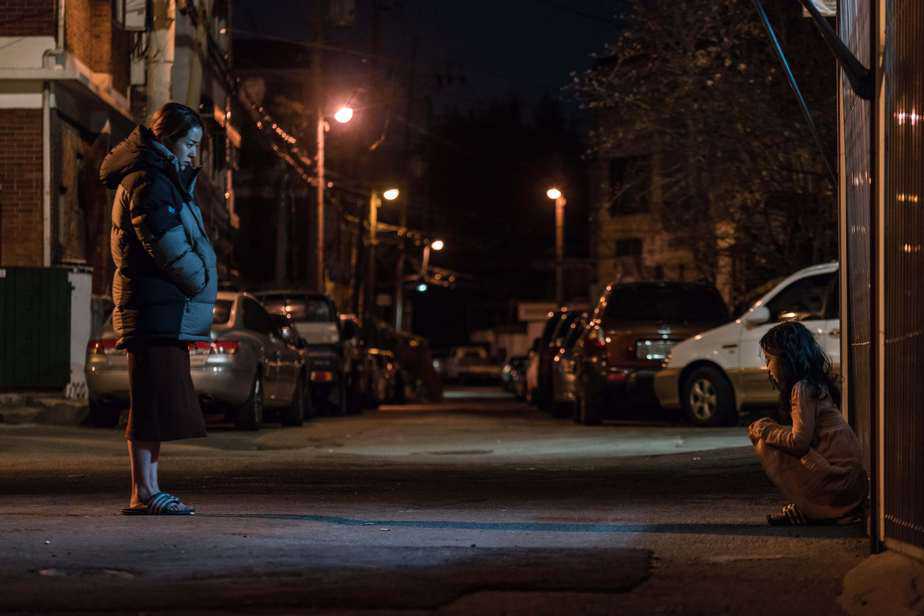

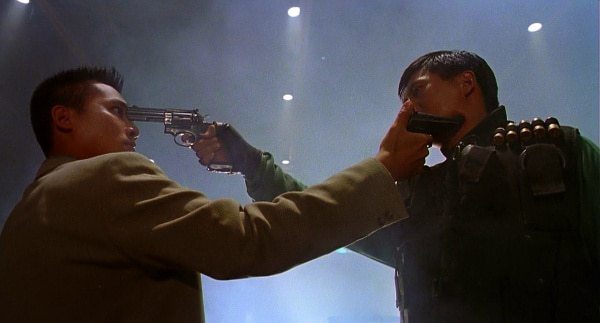
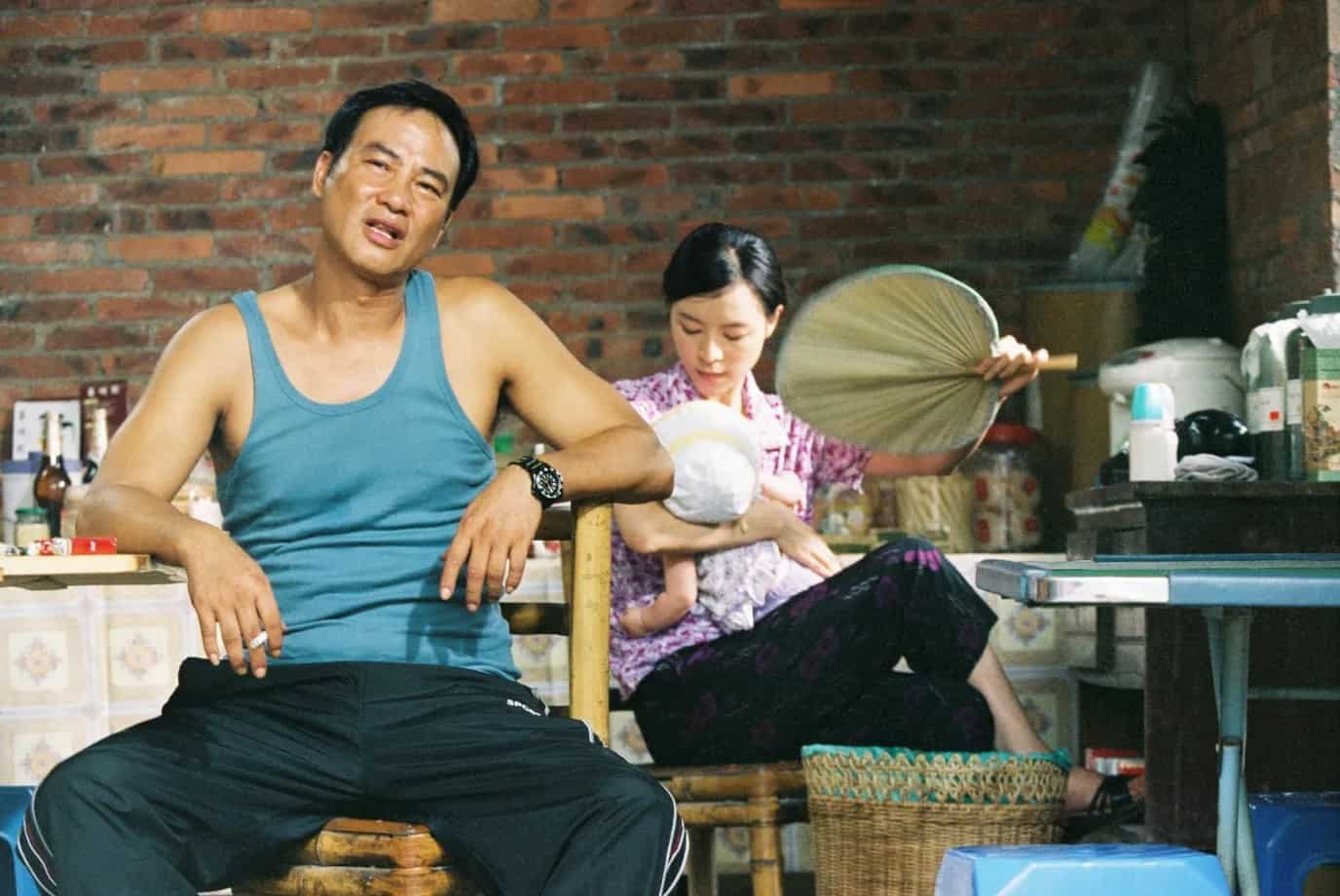
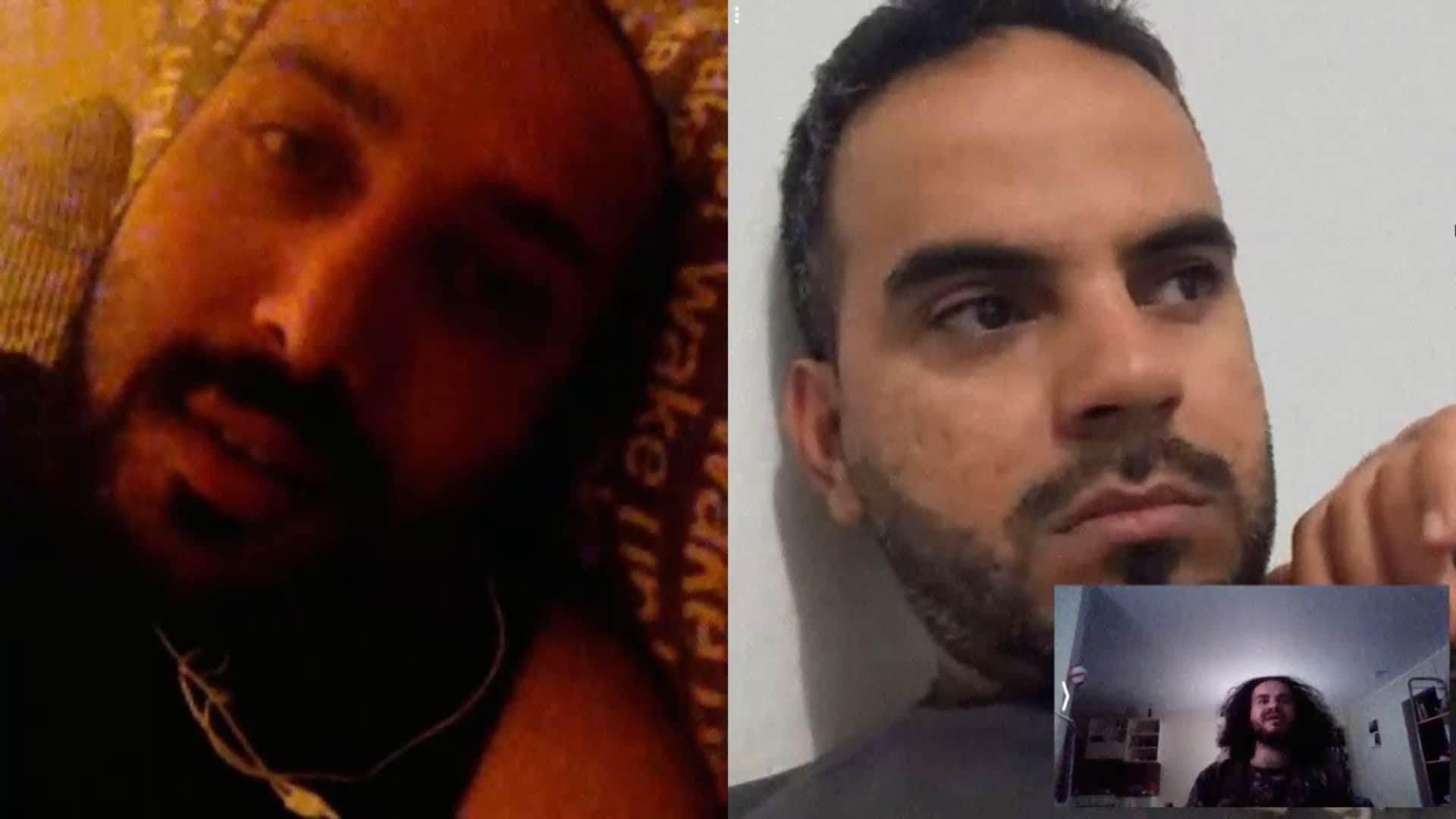
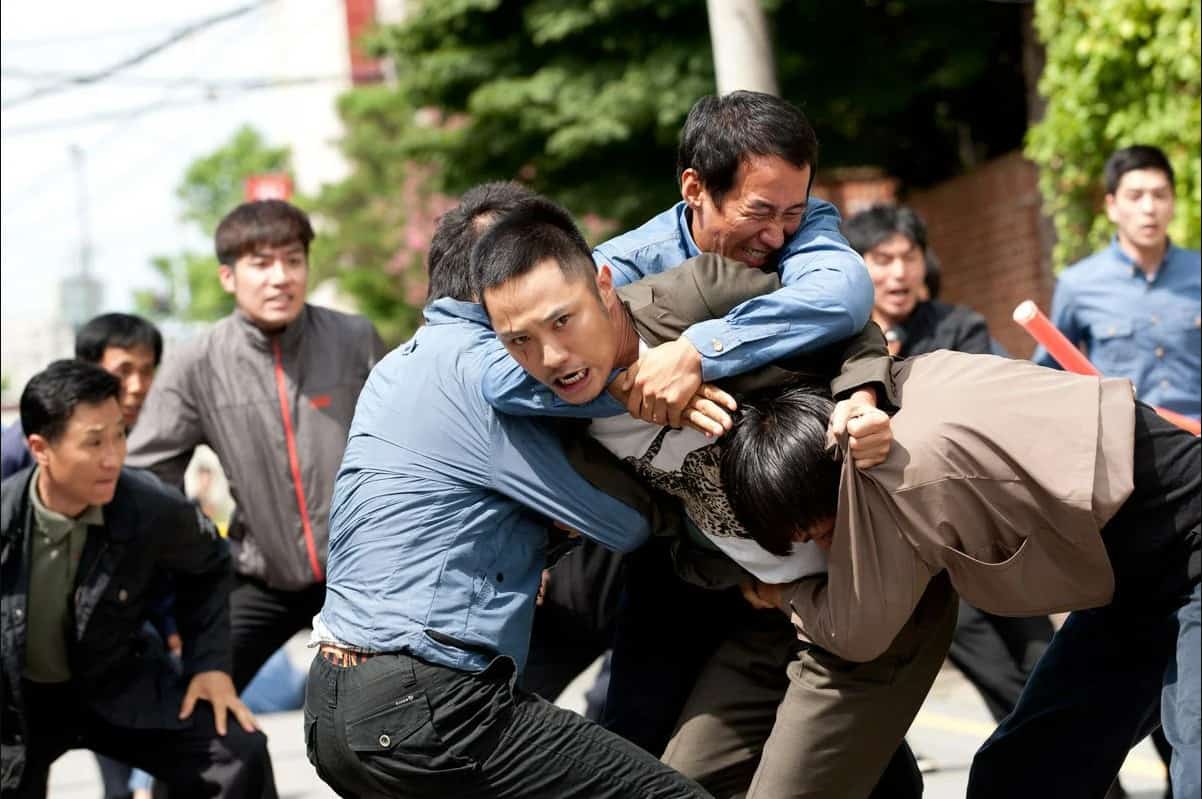
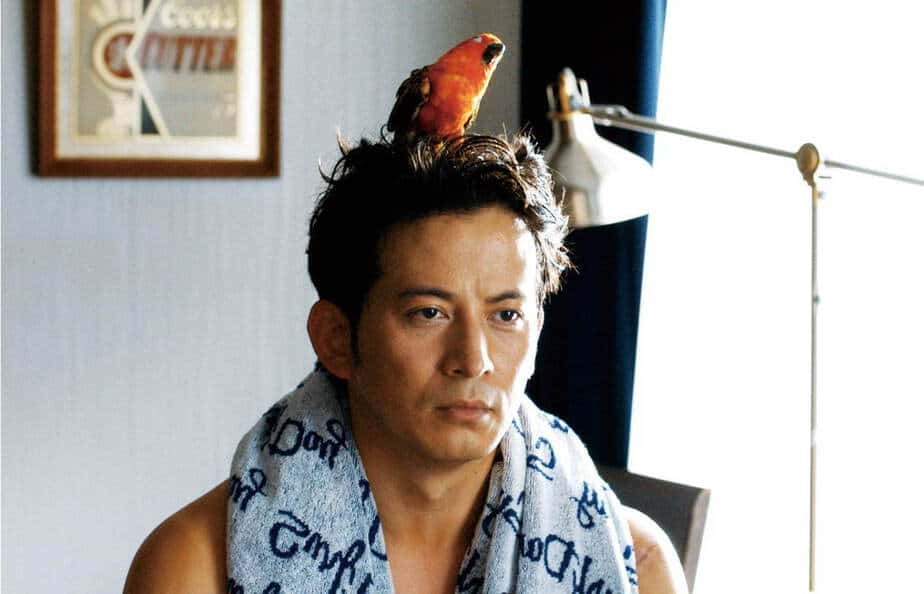







Yes, this sort of thing happens all too much. And it’s a distressing movie to watch, not the sort of thing you’d ever watch twice. If you want something less harrowing that plays the reparative theme all the way through to a believable happy ending, try the Korean TV drama series “Mother” (마더).
Coincidentally, I only just started watching “Mother” a few days back. I’m about 3 episodes in and finding it most interesting. I’m a big fan of Lee Bo-young. Thank you for the recommendation.
마더 is a remake of an original Japanese series called “Mother”. The Korean series mostly works better in my opinion and is more enjoyable, except the Japanese series spent some more time showing how the child’s original mother became abusive, and was therefore more sympathetic and less demonizing of her than the Korean. Although I’m not sure it was sufficiently plausible.
BTW if you’re learning Korean, there are Korean subtitles available for it too.